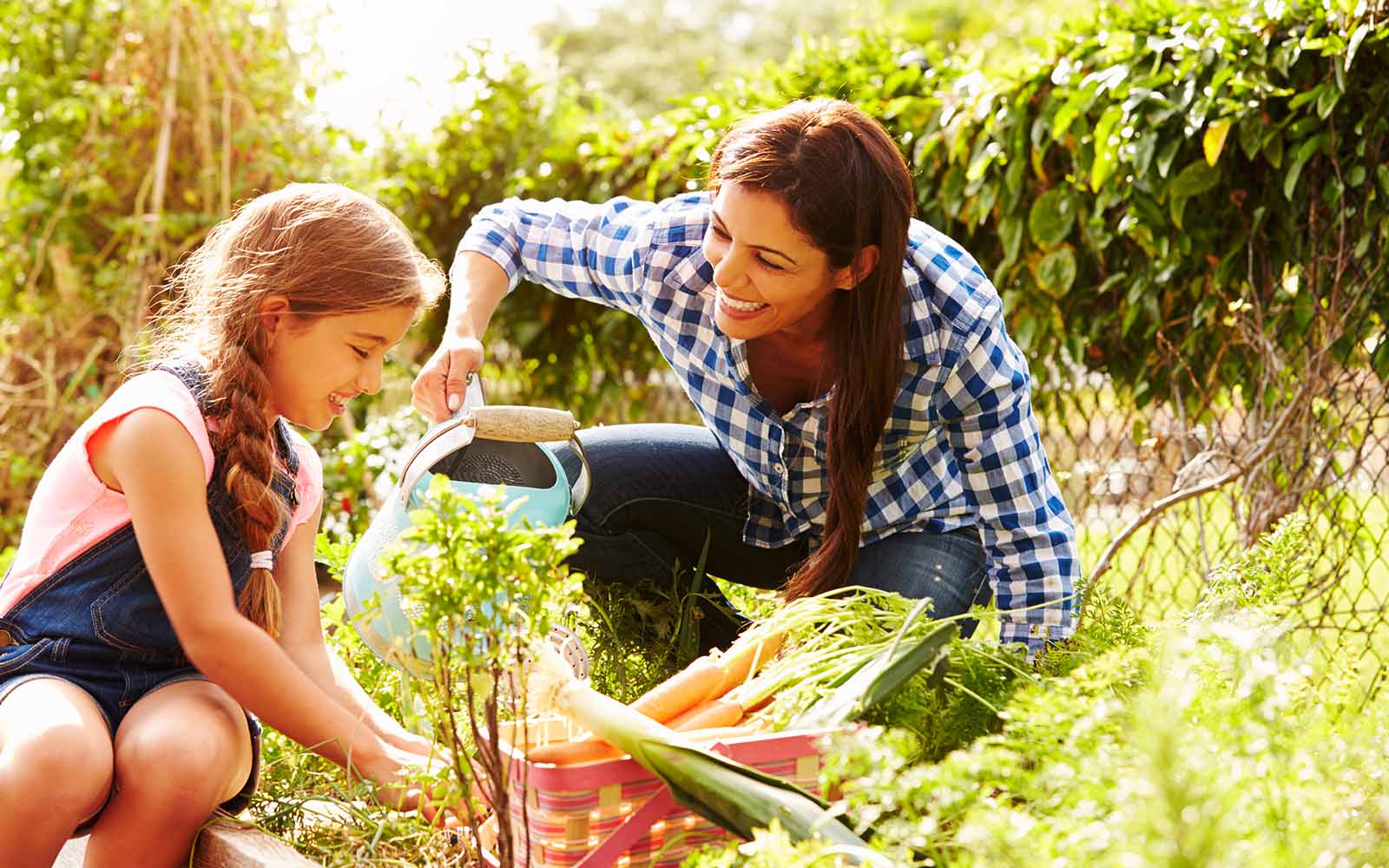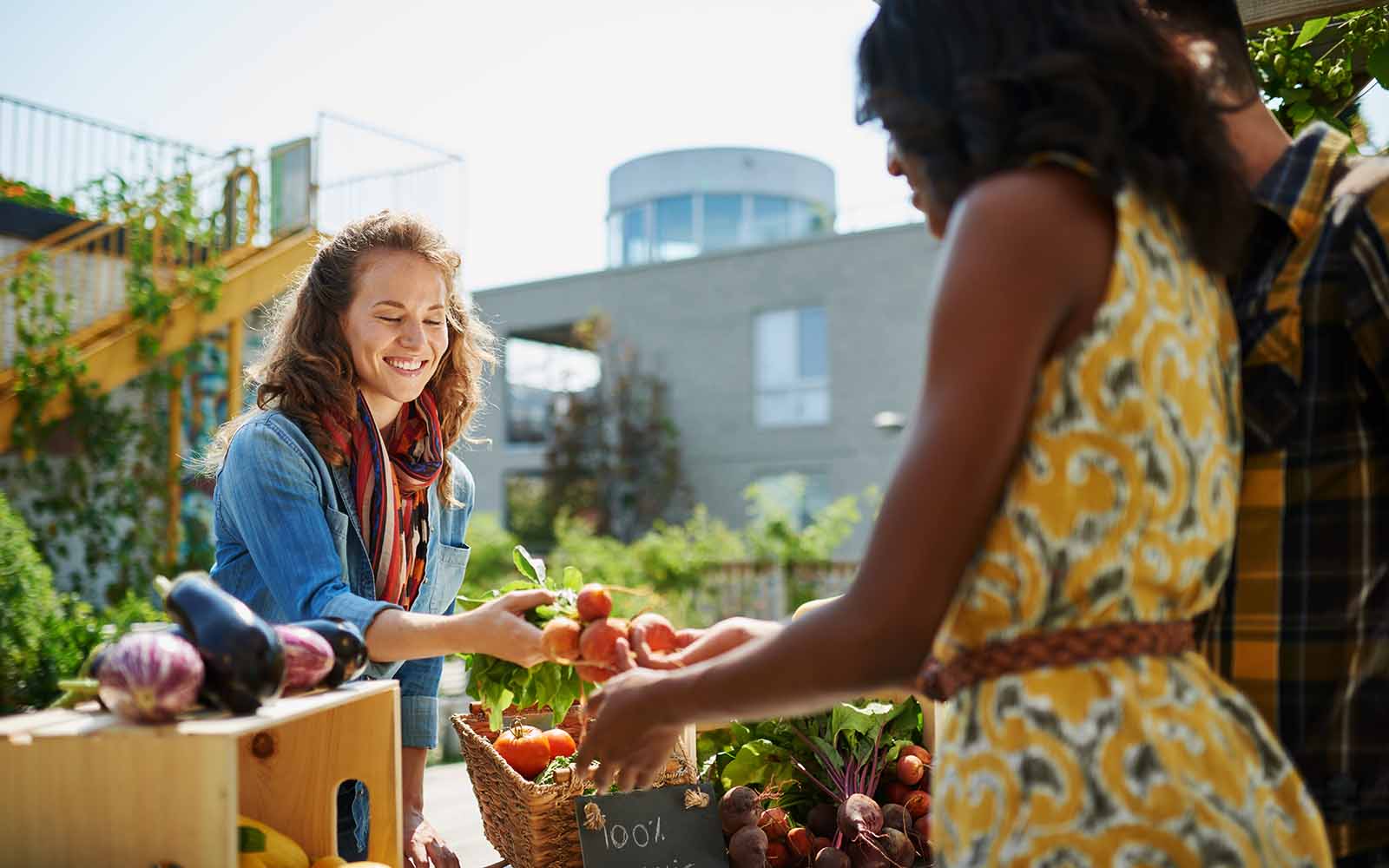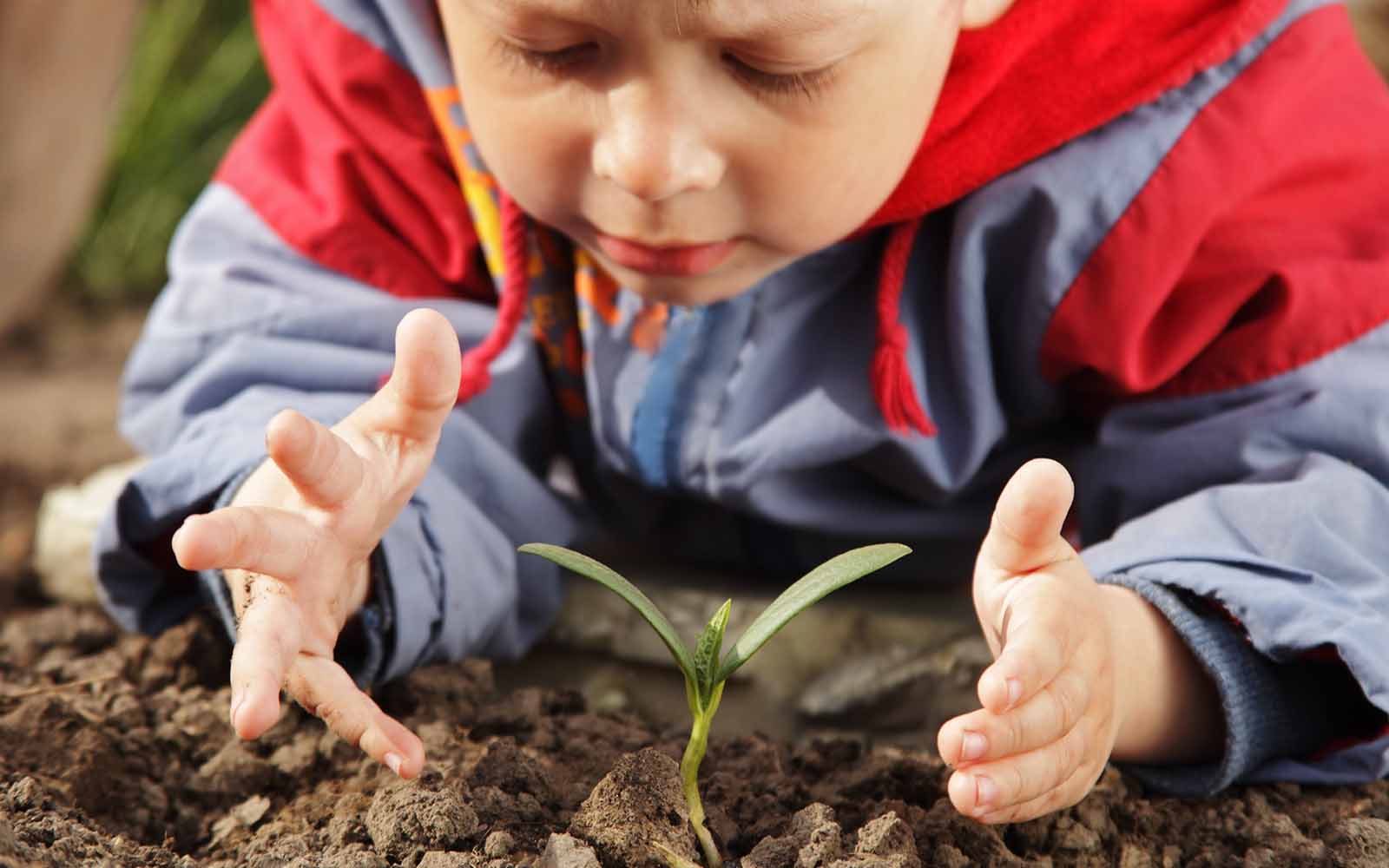August 16, 2016 0 Comments
There are tons of benefits to growing your own food, and here, we categorize these benefits into three: benefits to you and your family, to your community, and to the environment.

1. Get healthier and tastier food. A number of studies have shown that organically grown food contain more nutrients and minerals compared to commercially grown food that may contain synthetic pesticides. Plus, these synthetic pesticides could cause cancer, so the less exposure you and your family have to these chemicals, the healthier all of you will be.
Aside from this, organic food taste better – which may be the main reason why a majority of chefs prefer to use organic vegetables in their recipes. Organic farming begins in nourishing the soil, which in turn nourishes the plant, and then ultimately nourishes our bodies.
2. Saves money. Although growing your own food might have a few upfront costs, it could contribute to huge savings in your grocery bill in the long run. Instead of spending a lot of money in purchasing vegetables from the grocery, you can just grow your own from the comforts of your home.
3. Provides an opportunity for outdoor exercise. Gardening activities such as planting, weeding, watering, and harvesting could provide purposeful physical activities to your day. Just ensure to do proper stretching exercises and properly lift objects to avoid getting strained muscles. At the same time, gardening is also a great way to relax, de-stress, center your mind, and get fresh air and sunshine.
Gardening could also be a fun, educational activity for the whole family. It allows kids to play while getting the job done, get more vitamin D, and gives them better appreciation for planting and cultivating. It allows them to reap and enjoy the literal fruits of their labor.
4. Ensures that food is safe. With the number of concerns and recalls on several food products we regularly see on the news, we could not help but be worried about the safety and quality of food available in the marketplace. Responsibly growing your own food could minimize food contamination risks that may occur at the farm, manufacturing plant, or transportation process – hereby lessening your food worries.
5. Provides a sense of independence. Knowing that you can feed your family from your own resources and hard work gives a different sort of accomplishment. This is food independence – which could also mean fewer trips to the grocery store and more control over what you and your family eat. At the same time, you can also pass on this knowledge and love for growing food to your kids.

6. Vegetable gardens can spruce up your community. The additional variety of greens in community and even home gardens could contribute to the overall beauty of your community and could also bring pride in ownership to gardeners and homeowners.
7. Fosters camaraderie and a sense of community. Community gardens are a great way to build a sense of community. It provides a great opportunity for people to socialize with each other – parents with other parents, teens with other kids, neighbor to neighbor. Aside from community gardens, gardeners could bond and talk about their respective gardens, sharing tips and tricks on how to cultivate and harvest better crops.
8. Creates a food secure community. Vegetable gardens in a neighborhood could create a food secure community – one wherein the residents do not rely on vendors for fresh food. At the same time, it provides a steady supply of fresh and healthy food for everyone.

9. Prevents soil erosion. Research has found out that nearly 33% of the world’s adequate or high-quality producing land has been lost at a rate that far exceeds the pace of natural processes to replace the diminished soil. This simply means that crops-producing soil erodes much faster than it can recover. Growing your own food can reduce the pressure in the commercial farming industry and could contribute in global food security.
10. Protects the quality of water. Commercial farms may use cancer-causing synthetic pesticides that may in turn contaminate ground water – which is the source of drinking water. Growing your own food could minimize this as you get to decide what goes into your crops.
11. Saves energy. Large-scale commercial farms can be considered as a major petroleum/energy user, not counting the fuels used in the transportation of goods and corresponding pollution generated. Growing your own food in the city cuts down said energy/fuels and pollution costs.
12. Reduces food waste. Growing your own food could give you a sense of accomplishment and pride – thereby making it less likely for you to take the food for granted, and more likely to eat or preserve it before it goes to waste.
October 16, 2016 0 Comments
This World Food Day, learn how climate change affects our food production and supply, and what we can do about it.
October 02, 2016 0 Comments
September 09, 2016 0 Comments
Sign up to get the latest on sales, new releases and more…
© 2026 EarthCitizen.
LLC
Powered by Shopify
